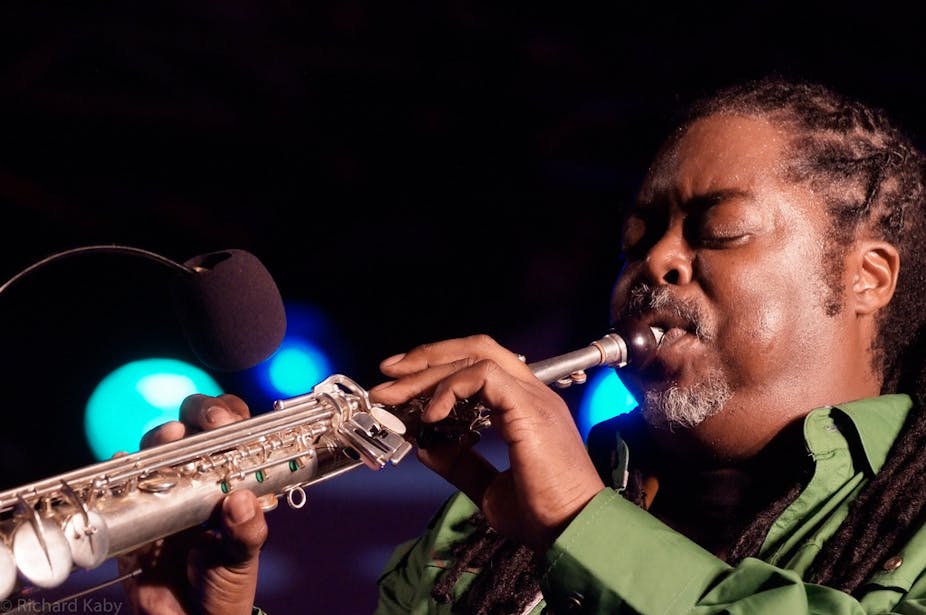What could music and surgery have in common? At first sight, not much. Operations aren’t done on stage in front of a large crowd - and nobody dies after a concert if someone plays a wrong note.
As an amateur keyboard player with minimal talent by night, and a surgeon with a love of music by day - especially Baroque and jazz - I’m struck by a string of parallels, starting with the language we share.
As surgeons, we use instruments to perform in an operating theatre. Musicians and surgeons both rely on precise but wordless communication, dexterity built through years of practice and the ability to respond to the unexpected.
We may only be watched by one or two people but every operation is still a performance. There’s a beginning, a middle and an end, and as a soloist, no going back once you’ve started.
There’s a similar sense of immediacy and intensity. How do you describe the fear and excitement of the moment when you step out onto the concert platform, or open the abdomen of a seriously injured patient to find out what’s wrong? Or when you realise that things have taken a different twist and you have to do something you’ve never been taught?
Working as a team or an ensemble making split second decisions or keeping the show on the road even if you’re not sure you can handle a situation that’s rapidly going downhill can give surgeons and musicians a similar feeling. Surgeons are often seen only in a professional light but as individuals our experience can be very emotional.
I started wondering how to explore the parallels between surgery and music. I talked to classical performers, jazz artists, orchestral conductors and composers. But immediately I hit a problem: it’s very difficult to put some of these feelings into words. Sooner or later you need to do.
Repeated actions
Almost any discipline involves unspoken ways of doing. When I learnt to operate I spent endless hours tying knots with one hand, practising with a piece of string over the back of a chair until I could do it in my sleep.
Musicians practice scales until they become automatic. Once these skills have become second nature you can draw on them without having to think. But that also makes them almost impossible to describe to other people.
I’ve been exploring whether simulation - already widely used for training surgical teams - could provide a way of sharing experience and bringing tacit practices into view. With a team at Imperial College London I’ve developed a lightweight, portable yet highly realistic simulated operating theatre that allows non-surgeons to feel what surgery is like.
Instead of a real patient on the operating table, we use silicon organs which are scarily realistic and even bleed. But although the patient is artificial, the rest of the team is real - an actual surgeon, scrub nurse and anaesthetist.
By inviting musicians to put on a gown and gloves and take part in an operation that’s as close to the real thing as we can get it, we’ve started exploring the connections between different ways of knowing and doing. And already that’s making me see things differently.
In a collaboration with jazz pianist Liam Noble, for instance, we’ve looked at the idea of improvisation. The ability to improvise is highly valued by jazz artists but few patients would like to think of their surgeon improvising on them. But being able to put together skills in new combinations in response to the unexpected is crucial. Although “resourcefulness” would be a more acceptable term for surgeons.
Again it’s a question of language. Working with musicians has already made me think in unexpected ways. By looking deeply at what we think we know, perhaps we can find ways of doing it better - and this goes for surgeons too.

